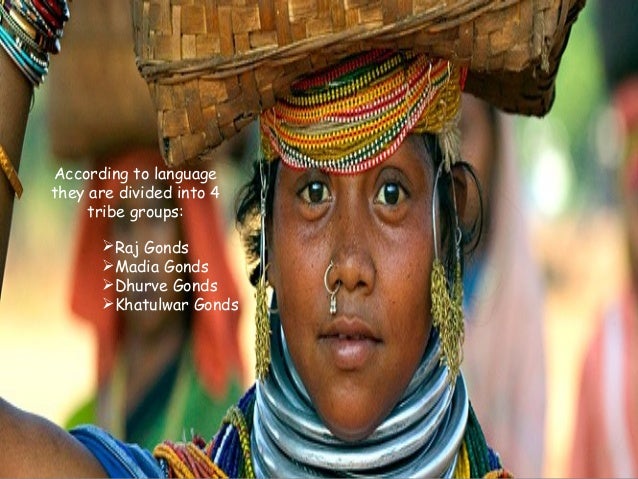MADIA GOND COMMUNITY
MADIA GOND COMMUNITY
 Madias
today are doctors, teachers, government employees and naxalites. Performance
of school going Madia children is on par with other children of Maharashtra state, a Madia girl student has figured in the merit
list of candidates at the state level. The following are the
descriptions of the Madia Gond as recorded by the British Rulers in the
District Gazettes, which has been carried in the Gazettes of independent India.
Madias
today are doctors, teachers, government employees and naxalites. Performance
of school going Madia children is on par with other children of Maharashtra state, a Madia girl student has figured in the merit
list of candidates at the state level. The following are the
descriptions of the Madia Gond as recorded by the British Rulers in the
District Gazettes, which has been carried in the Gazettes of independent India.
Madia Gonds :- Madia are one of the endogamous Gond tribes living in Chandrapur District and Gadchiroli District of Maharashtra State, and Bastar division of Chhattisgad State India. They have been granted the status of a Primitive tribal group by the Government of India under its affirmative action or reservation programme. The Madia Gonds are strongly affected
by Naxalactivities. The Madia Gond use the self
designation Madia, and call the area where they live Madia Desh. They speak the Madia dialect of Gondi. The shifting agriculture of madia is known as
jhoom.A study mentions living megalithic practices amongst the Madia Gonds. One of
the findings of The Bench Mark Survey done in 1997–1998: 91.08 percent of Madia
Gond families lived Below Poverty Line.
 Madias
today are doctors, teachers, government employees and naxalites. Performance
of school going Madia children is on par with other children of Maharashtra state, a Madia girl student has figured in the merit
list of candidates at the state level. The following are the
descriptions of the Madia Gond as recorded by the British Rulers in the
District Gazettes, which has been carried in the Gazettes of independent India.
Madias
today are doctors, teachers, government employees and naxalites. Performance
of school going Madia children is on par with other children of Maharashtra state, a Madia girl student has figured in the merit
list of candidates at the state level. The following are the
descriptions of the Madia Gond as recorded by the British Rulers in the
District Gazettes, which has been carried in the Gazettes of independent India.
The Chandrapur district gazette description of the Madia is as follows: "The
Marias inhabit the wilder tracts, and are in their unsophisticated state a very
attractive people. The villages are usually built deep in the jungle near some
wide shallow stream, which offers facilities for the gata cultivation, and the
surrounding jungles supplement the fruits of their agricultural efforts. Few
villages lack the customary grove of toddy Palm wine trees, the juice of which, fermented or unfermented,
is ever acceptable to the Gond. The Marias are a lithe, active looking,
well-built set of men, open, hearty manner, and the cheerful smile of good
fellowship. Their dress is scanty, consisting of a compromise between a langoti
(a loincloth) and a dhoti,
a strip of cloth wound tightly round the waist in rope-like folds and passed
between the legs with the spare end hanging down in front below the knees.
Often this garment diminishes to the scantiest rag. They adorn their necks with
handsome strings of beads and their arms occasionally with metal and glass
bangles. Their ears are pulled out of shape by the weight of numerous brass
rings with which they are usually garnished and occasionally they wear pagris.
A curved knife with a brass mounted handle is stuck into the waist cloth and,
from the shoulder dangles the ever handy axe without which a Gond seldom moves.
Maria women wear a lugada of strong cloth usually white with
a coloured strip in the border. They wear no choli (blouse), no Gond woman ever
does, and their necks, like their husbands are garnished with beads. They
frequently tattoo their faces and limbs in intricate patterns.
Comments
Post a Comment